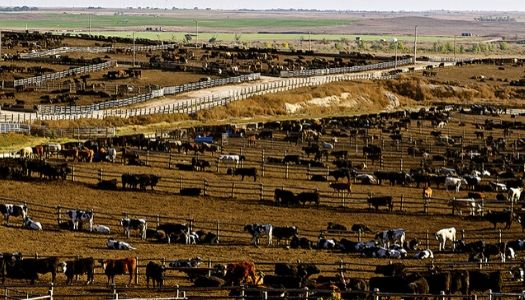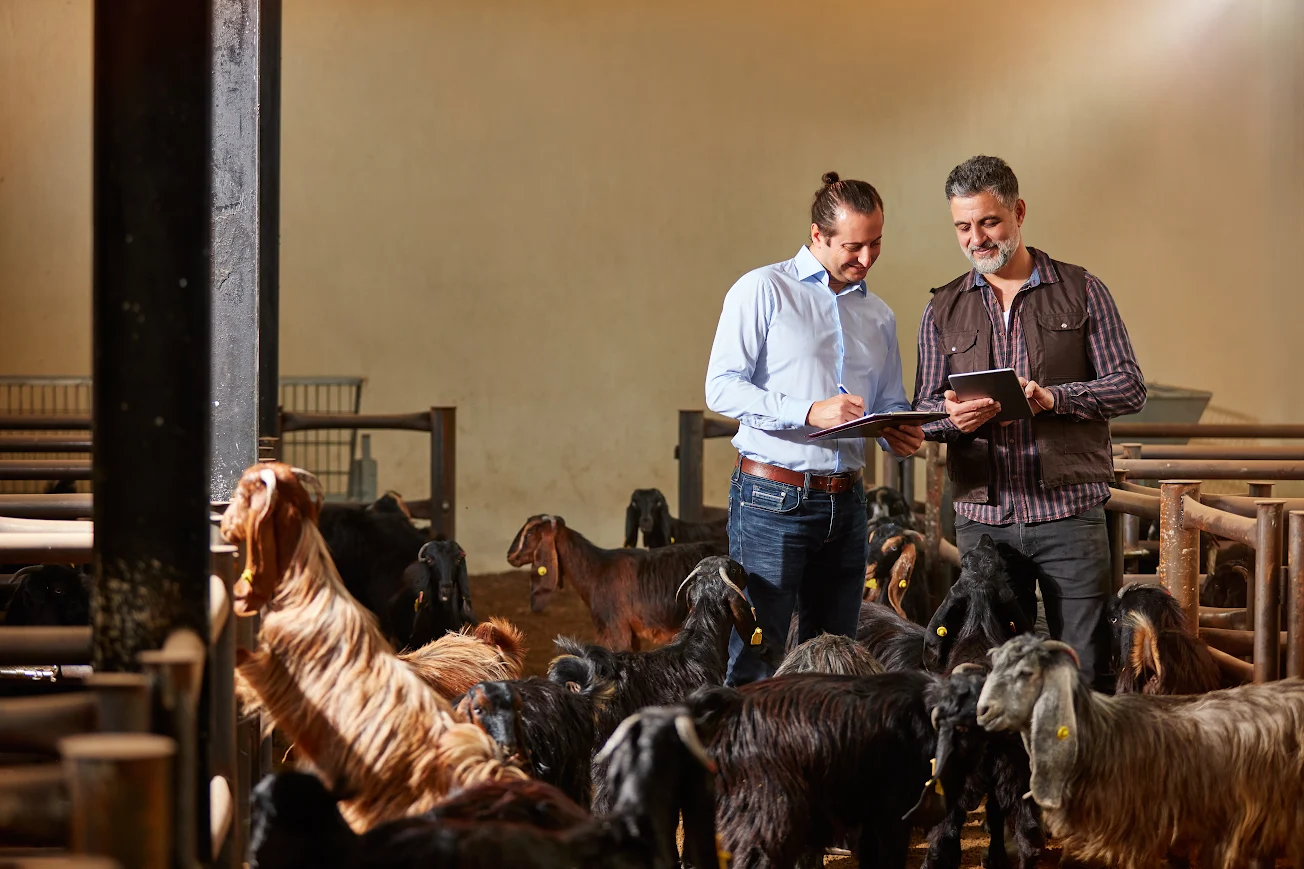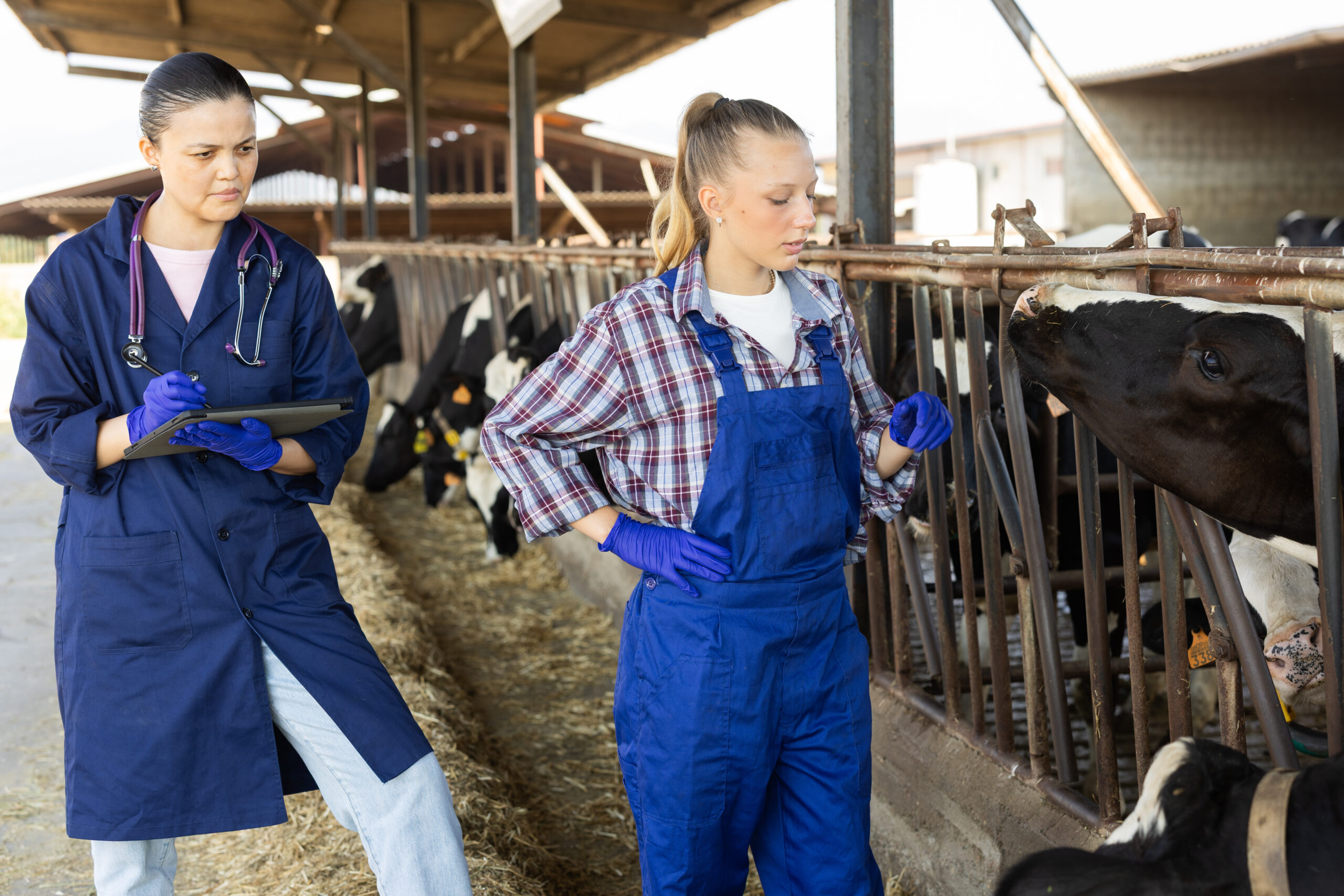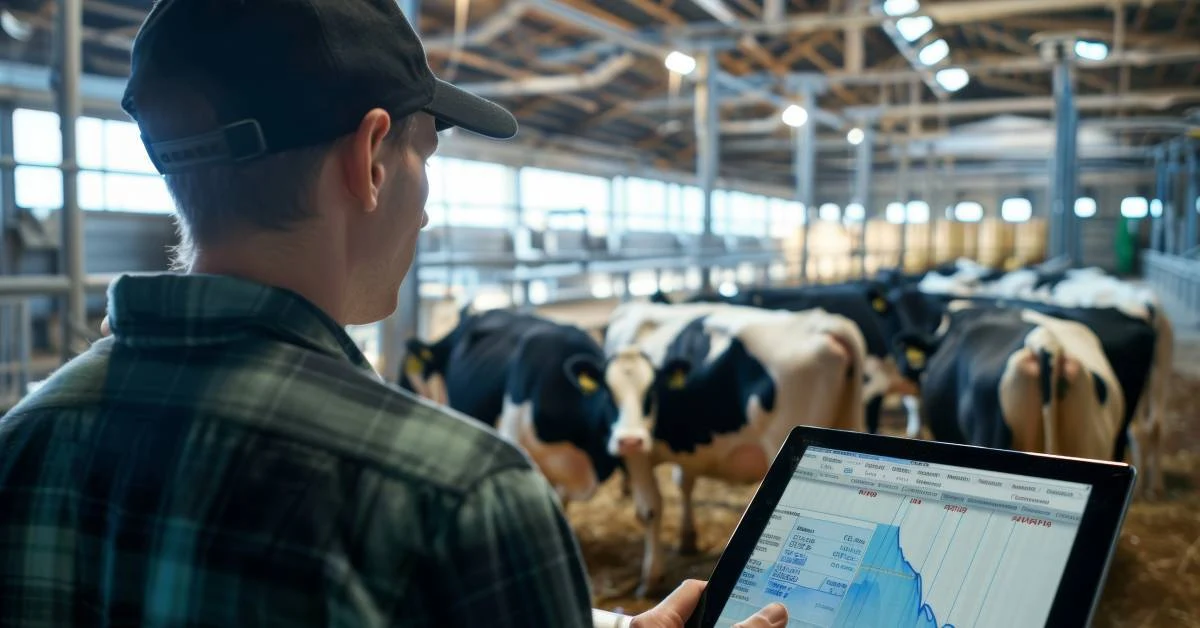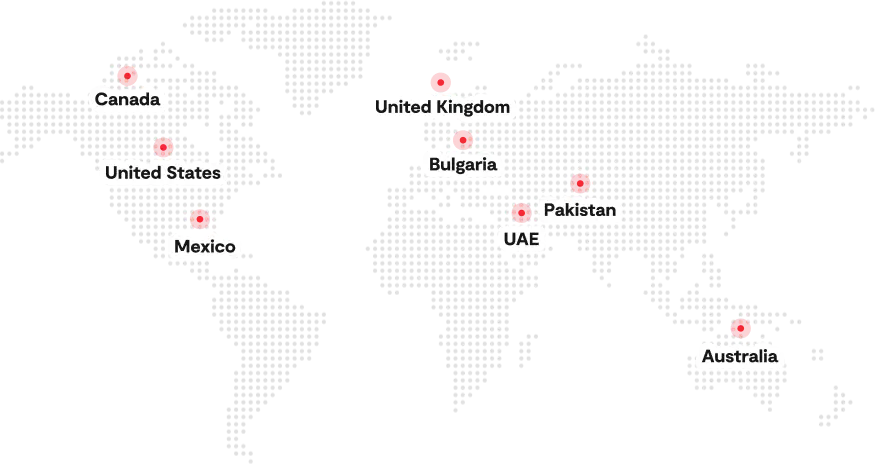Innovation in the animal health and production technology space is helping livestock producers to enjoy several benefits and maintain improved livestock farming operations. The world’s population is said to become 9.8 billion by the year 2050 and in order to meet the population’s demands, there is a huge need for innovations and technological advancements.
As compared to the previous years, innovations are becoming efficient, faster and accessible. We can also witness technology pairing up with biology in order to introduce new and advanced practices. The society is experiencing a notable shift because of new technologies. The economics, identities, possibilities, and values for the coming generations are expected to be greatly influenced by technological advancements.
According to AgFunder, in 2017, $10.1 billion were invested in the AgriFood tech sector. There are many market opportunities to avail and animal producers have many ways to utilize this revolution in the livestock industry.
What is Livestock Production?
Livestock production refers to the process of raising domesticated animals for the production of items such as milk, meat, wool, eggs, leather, and fur. Usually, the term livestock is used for the animals that are bred and used for consumption. But farmed ruminants like goats and cattle are also called livestock. Livestock production uses most of the agricultural land all over the world.
Livestock Technology
Due to the increased rate of population growth, the production of meat is expected to increase in rate and get double by the end of the year 2020. Changes in income levels and diets will also influence meat consumption. Farmers will feel the pressure to produce more in order to meet the population’s demands with a limited amount of resources.
Let’s have a look at how adopting new technologies can benefit livestock producers:
Precision Agriculture
Technologies of precision agriculture are already popular in the agriculture industry and they are being used at a large scale at many farms for livestock production. GPS, Biometric sensors, RFID enable farm managers to monitor the farm animals as they must respond to issues and problems quickly. Minimized microbial activity, reduced drainage can negatively affect yields. Controlled-traffic farming CTF is a farming technique that allows for soil regeneration. Studies have shown that CTF technology can enhance yields by 10 percent.
Other technologies of livestock farming involve usage of agriculture drones so as to monitor the farm animals and farm activities. According to experts, in the future, drones can help livestock managers in animal identification, tracking the use of grass, and locating animals.
Cattle breeders, cow-calf operators, feeders, and packers now use cattle management solutions to get rid of manual processes and digitize cattle records. This helps them better manage their farm operations and meet regulatory and industry compliance too.
Big data
The present age is the digital age and every business, whether small scale or large scale, has a huge amount of data. A large number of sensors are being used in packages, appliances, farm animals, etc. Livestock production is using big data and the amount will only grow with time. Globally, the food economy is dependent upon food consumption and shifts in diets. These patterns are responsible for the production of livestock products. The livestock industry will grow efficiently by leveraging big data.
The Internet of Things (IoT)
The Internet of Things (IoT) is yet another meaningful and beneficial technology for the livestock industry. It connects the physical world with the digital world as it has many efficient applications to offer so as to make livestock production process improved, easier, and convenient. IoT enables livestock production managers to develop better environmental understanding, predict upcoming events. IoT also allows for improving systems and smart decision making as it provides livestock producers with valuable information such as when to feed animals and when to give them medical aid. Mobile sensors will help managers in tracking the health of their animals in order to ensure maximum productivity.
Blockchain in Livestock Industry
Blockchain is being rapidly adopted by livestock managers. It is a technology that provides the livestock industry with the best operating management system. Blockchain allows for auditing and controlling quality. Blockchain basically refers to a digital account book or ledger that keeps records of transactions in people, and it does it in a way that is revision proof.
With Blockchain technology, it becomes easier to track the products and their handlers, from the first stage to the last i.e. until they arrive on shelves. Every animal product can be traced at every stage of the supply chain, and even the added ingredients coming from various sources can be tracked. This way the livestock production processes can become entirely transparent which will lead to simplified livestock and agriculture management. Livestock managers can also perform assessments on their farming results.
Final words
In the present age, the rapid changes are greatly influencing the farming industry hence creating many challenges and good opportunities. These changes are responsible for influencing livestock production processes and their consumption by masses. The increase in population is also greatly enhancing the demands for commodities and food. The only way to meet market standards and be able to maintain efficient farming practices, livestock production managers will have to adopt advanced technologies to maximize their capabilities.

